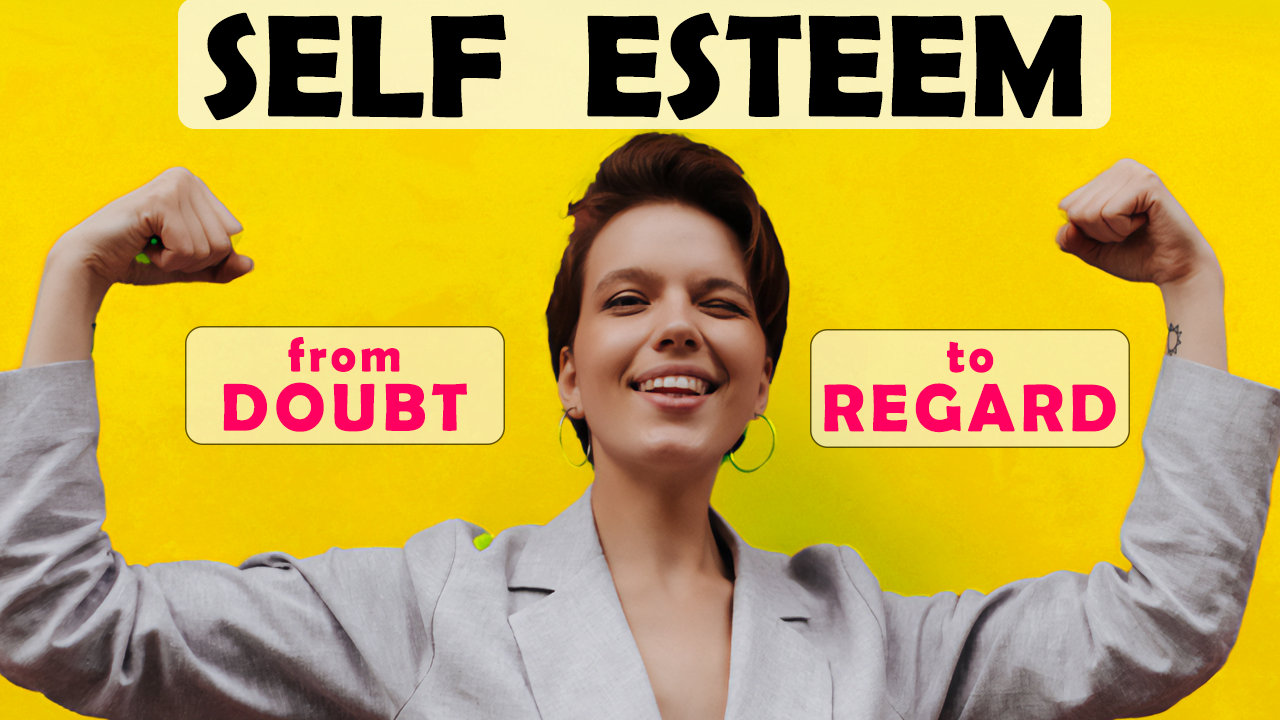Introduction: eMINDy stands at the forefront of mental health innovation, offering Easy Mind Therapy as a compassionate, accessible approach to managing and improving mental well-being. This article explores the transformative potential of eMINDy in supporting individuals on their journey to better mental health.
What is eMINDy? eMINDy, or Easy Mind Therapy, is a conceptual framework designed to make mental health care more approachable and effective. It incorporates a variety of techniques that are simple to learn and apply, aiming to empower individuals with the tools they need to address mental health challenges and enhance their quality of life.
eMINDy’s Role in Mental Health:
- Demystifying Treatment: eMINDy breaks down complex psychological concepts into understandable, actionable strategies.
- Promoting Self-Care: Encourages individuals to take an active role in their mental health care, fostering a sense of autonomy and empowerment.
- Enhancing Accessibility: Makes mental health strategies available to a broader audience, regardless of background or circumstances.
Core Techniques of eMINDy for Mental Health:
- Mindfulness and Meditation: Practices to reduce stress, anxiety, and depressive symptoms.
- Cognitive Behavioral Techniques: Strategies to identify and alter negative thought patterns and behaviors.
- Emotional Regulation Exercises: Methods to understand and manage emotions effectively.
- Self-Compassion Practices: Encouraging kindness and understanding towards oneself, especially during difficult times.
Benefits of Incorporating eMINDy in Mental Health Care:
- Improved Mental Well-being: Reduction in symptoms of mental health disorders and increased overall happiness.
- Greater Self-Awareness: Enhanced understanding of personal thought processes, emotions, and behaviors.
- Increased Resilience: Strengthened ability to cope with life’s challenges and stressors.
- Community Support: Access to a community of individuals sharing similar experiences and strategies.
Implementing eMINDy for Better Mental Health:
- Learn and Experiment: Familiarize yourself with various eMINDy techniques and find what works best for you.
- Integrate into Daily Life: Incorporate selected methods into your routine for sustained mental health benefits.
- Monitor Progress: Keep track of how the techniques impact your mental well-being and make adjustments as needed.
- Reach Out for Support: Engage with mental health professionals or support groups to enhance your journey.
Conclusion: eMINDy is a significant step forward in mental health care, offering a user-friendly, effective approach to enhancing mental well-being. By adopting Easy Mind Therapy techniques, individuals can navigate mental health challenges more effectively, leading to a happier, more resilient life.






